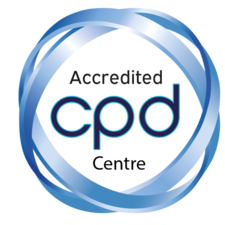This course prepares staff to support children and young people struggling with emotional regulation by understanding the biology behind behaviour. It aims to improve behaviour, strengthen relationships between students and staff, and build confidence in managing challenging behaviours, aggression, and violence.
Positive handling is taught as a last resort, focusing on safe holding techniques to prevent harm when de-escalation fails, helping pupils regain emotional control safely.
The course includes applying Positive Behaviour Support, using effective de-escalation techniques and therapeutic intervention and practising simple, low-level physical interventions tailored to workplace and service-user needs.
Instruction and practice of:
Specific Risk Management

This course prepares staff to support children and young people struggling with emotional regulation by understanding the biology behind behaviour. It aims to improve behaviour, strengthen relationships between students and staff, and build confidence in managing challenging behaviours, aggression, and violence.
Positive handling is taught as a last resort, focusing on safe holding techniques to prevent harm when de-escalation fails, helping pupils regain emotional control safely.
The course includes applying Positive Behaviour Support, using effective de-escalation techniques and therapeutic intervention and practising simple, low-level physical interventions tailored to workplace and service-user needs.
Instruction and practice of:
Specific Risk Management


Click here to view full course calendar
Book at your place of work Date Your choice
Duration 1 day
Price £1295+VAT (12 person max.)
As little as £108 per person
Click here for your free quote!
Start typing to search for a course...
